In a rapidly evolving political landscape, New York finds itself at the crossroads of a new era as Governor Kathy Hochul and Democratic nominee for New York City Mayor, Zohran Mamdani, signal an unexpected alignment on the crucial issue of affordability—even while deeper ideological divisions remain.
A Meeting of Minds Amid Rising Costs
Just weeks after the historic June mayoral primary, where Mamdani, a democratic socialist and Queens Assemblymember, surged to victory with a platform centered on economic justice, Governor Hochul and Mamdani sat down for what insiders called an “open and productive” discussion. Both leaders acknowledged that New Yorkers—from young professionals to working families—are grappling with rising housing costs, transit expenses, and childcare fees. These pain points have only sharpened amid economic uncertainties and inflation.
Hochul praised Mamdani’s ability to galvanize young voters and his commitment to making the city more livable. The governor remarked, “We have a lot of alignment on issues like affordability, and I commend his engagement with the youth and working-class families. There is urgency to act.” Their meeting reportedly focused on common solutions: expanding access to affordable child care, reducing transportation costs, and protecting tenants from unsustainable rent hikes.
Where Common Ground Falters
Despite shared objectives, the path forward is clouded by substantial political and policy disagreements. Hochul has publicly expressed reservations about Mamdani’s flagship funding proposals, which include raising corporate tax rates to 11.5% and increasing income taxes for those earning more than $1 million annually. These measures are the bedrock of Mamdani’s agenda to provide free universal childcare, free city bus services, and public grocery stores across the five boroughs.
“I vehemently disagree with his positions on raising taxes,” Hochul stated to reporters after their meeting. “We must ensure that economic policy does not jeopardize jobs or drive away businesses that anchor New York’s economy.” Business leaders and moderate Democrats echoed these worries, warning against “reckless departures” from fiscal stability.
The governor also highlighted concerns beyond economics—including Mamdani’s positions on policing and Israel, stating, “There needs to be a lot of healing done in our city.”
The Mandate for Change—and Its Limits
Mamdani’s victory was propelled not only by sweeping grassroots enthusiasm but by addressing day-to-day crises New Yorkers confront: sky-high rents, unreliable public transit, and astronomical child care costs. His campaign drew comparisons to previous transformative candidates, promising direct investments in public services over vague promises.
Supporters say this shows voters want “real, material progress” on issues that matter most—echoing a mandate for bold action on affordability and equity that establishment Democrats, they argue, have ignored for too long.
Yet, as the city contemplates unprecedented economic policies, experts caution that transformative change hinges on broad statewide buy-in. Governor Hochul holds the keys to crucial policy levers in Albany, meaning any sweeping reforms on taxes or city funding must pass through her administration.
Unity Against a Backdrop of Unrest
Political observers see this moment as a test of the Democratic Party’s future in New York. As left-leaning groups signal campaigns to exert pressure on the governor, moderate Democrats warn against over-interpreting Mamdani’s win as a call for sweeping socialism, instead arguing it’s a demand for real solutions to affordability.
Hochul, for her part, has resisted rushing into a full endorsement of Mamdani. Instead, she frames the ongoing dialogue as necessary and reflective of “a commitment to govern for all New Yorkers, not just a single wing of the party.” While she declined to formally throw her support behind Mamdani ahead of November’s election, her language suggests that unity on key economic issues may be possible.
The Road Ahead
With the general election looming, the fate of New York’s affordability—and its political direction—rests on whether Hochul and Mamdani can transform cautious alignment into concrete policy. For now, both leaders appear ready to “put the past behind them” and work towards the best interests of the city—though how far their cooperation will go remains to be seen.
For everyday New Yorkers, the promise of a city where housing, transportation, and child care are within reach is more than rhetoric; for Hochul and Mamdani, it’s a call to action that may well define the city’s future.

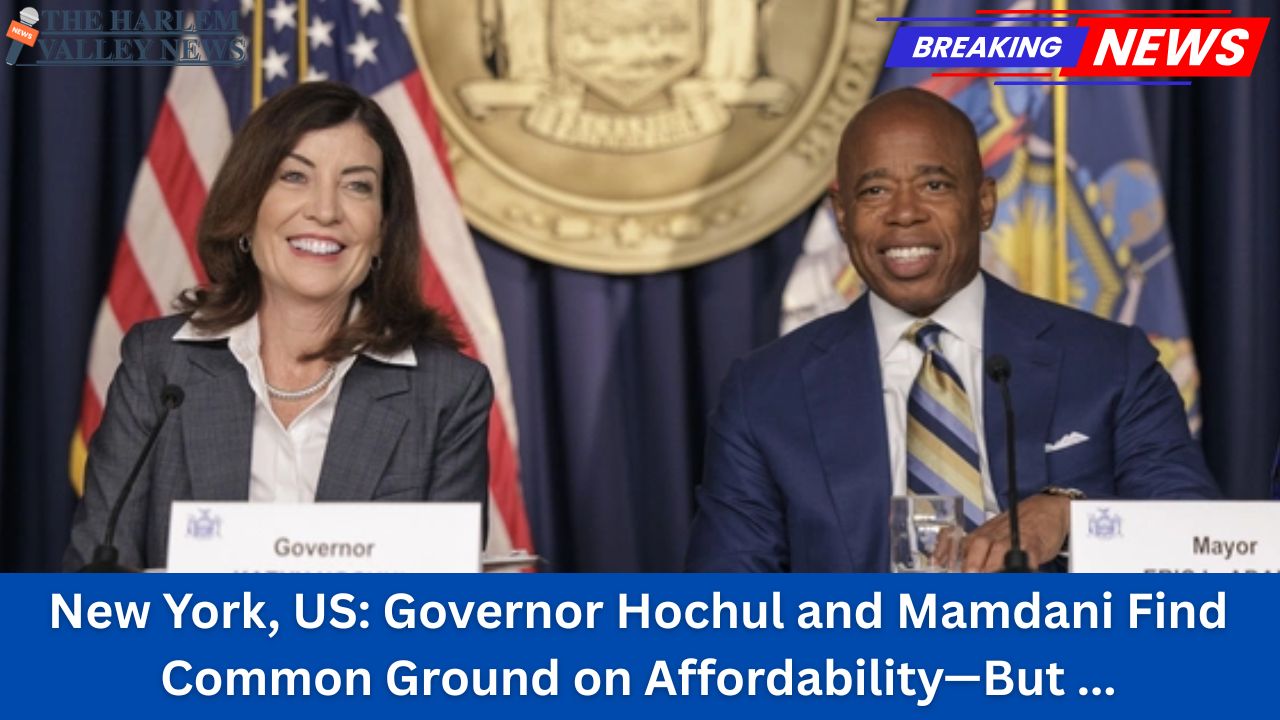



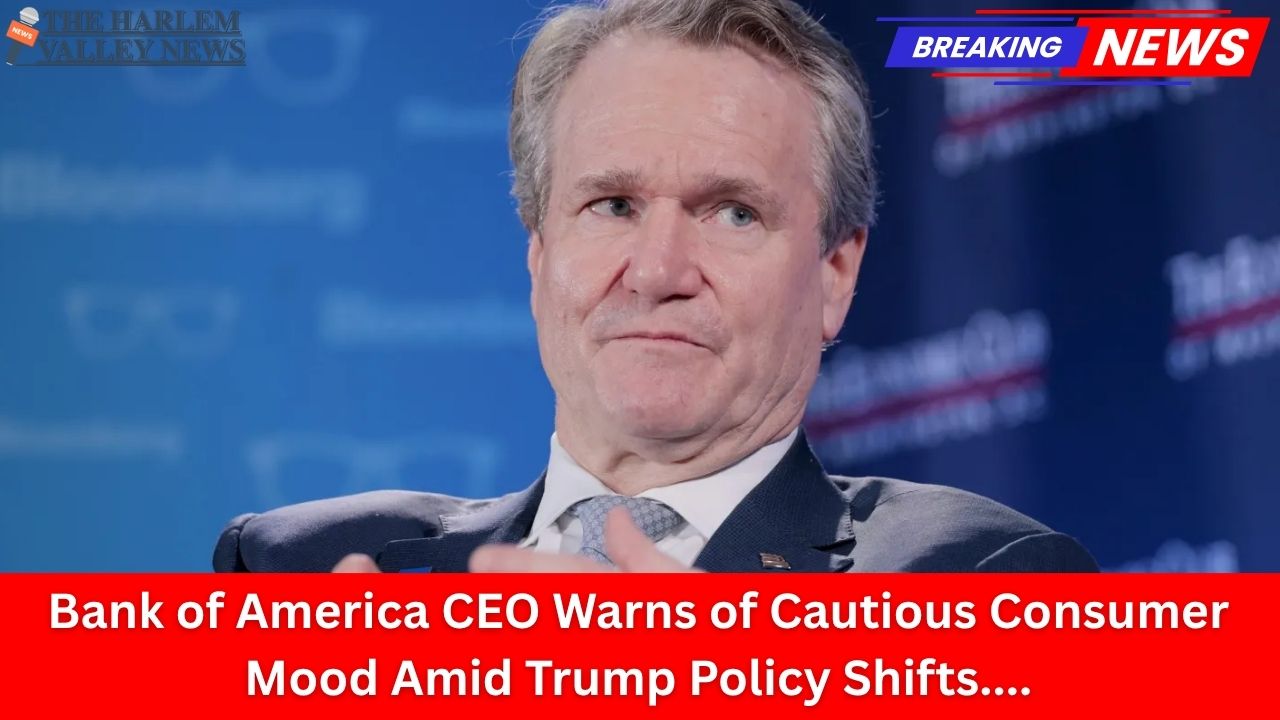
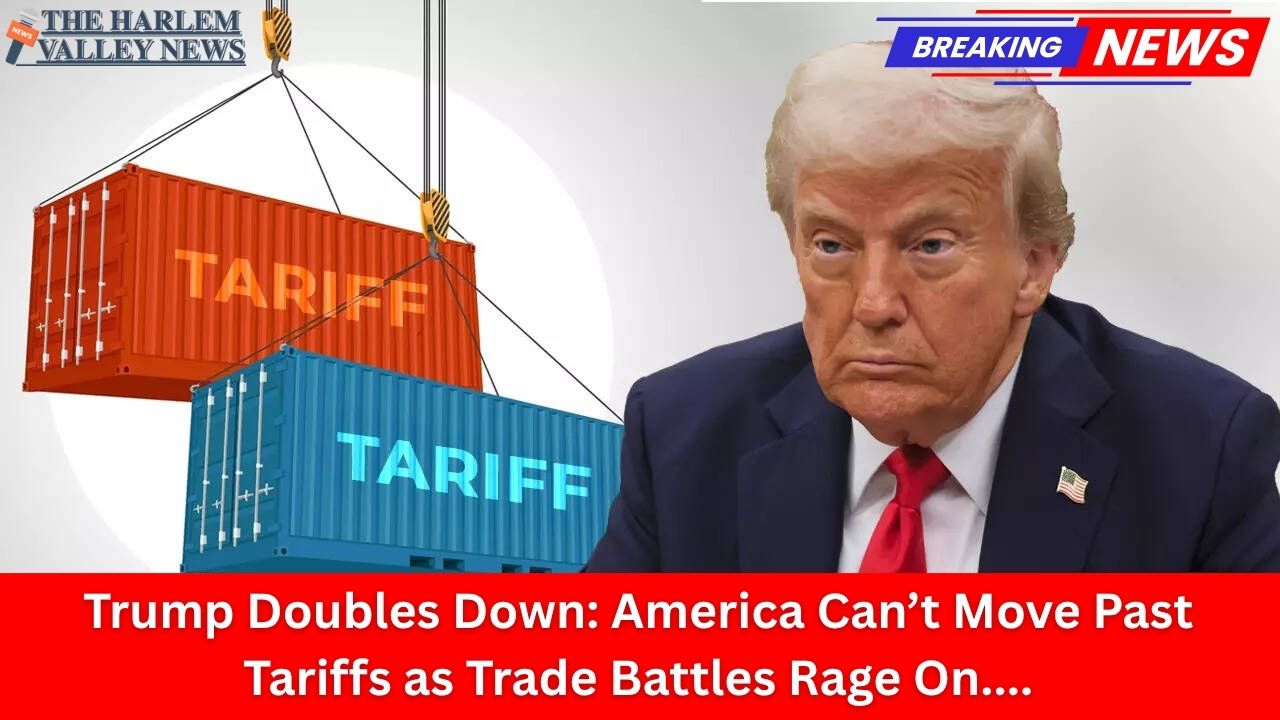



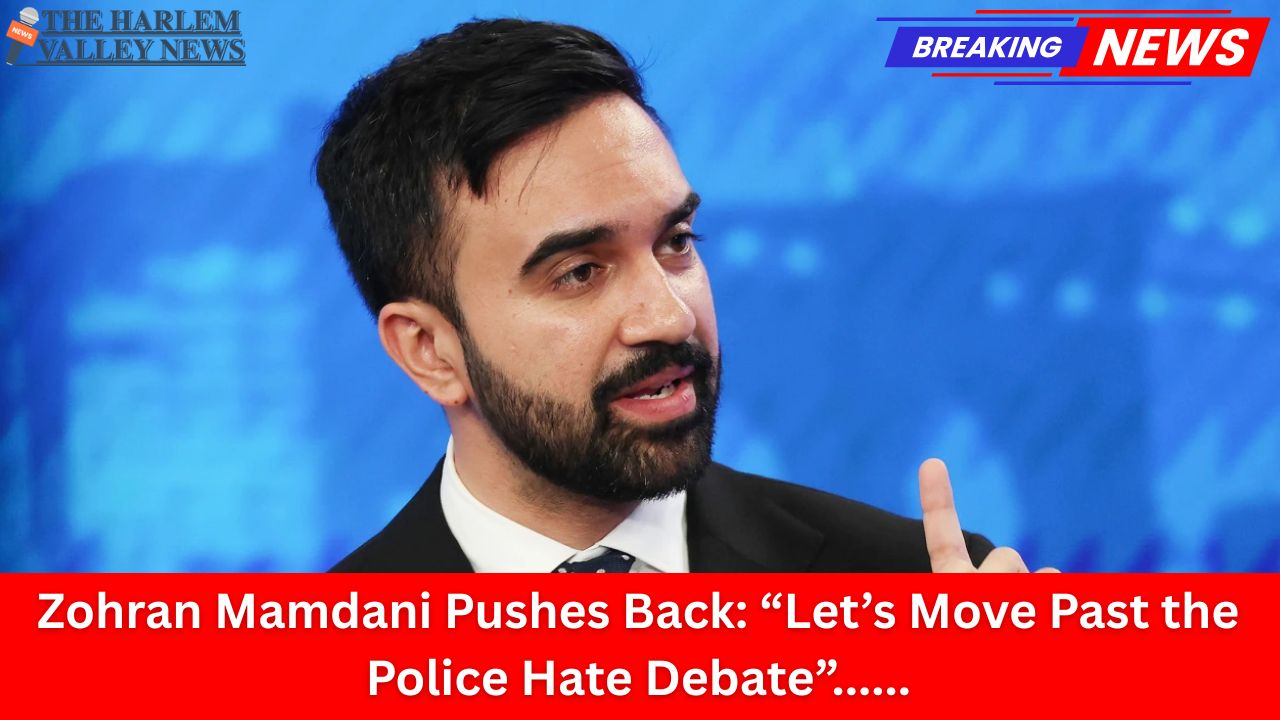


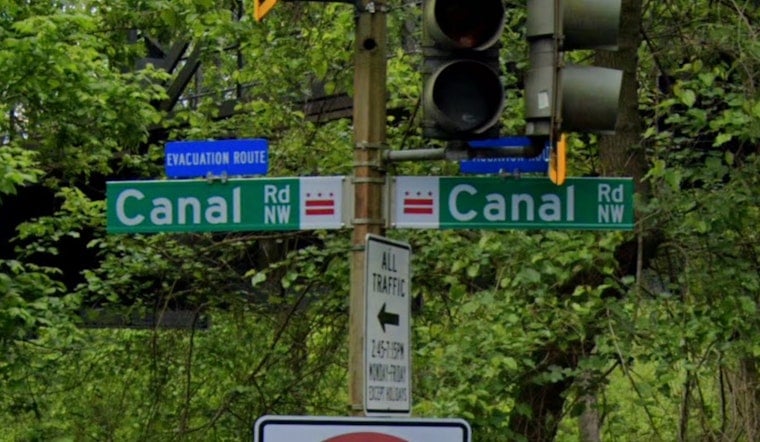


Leave a Reply